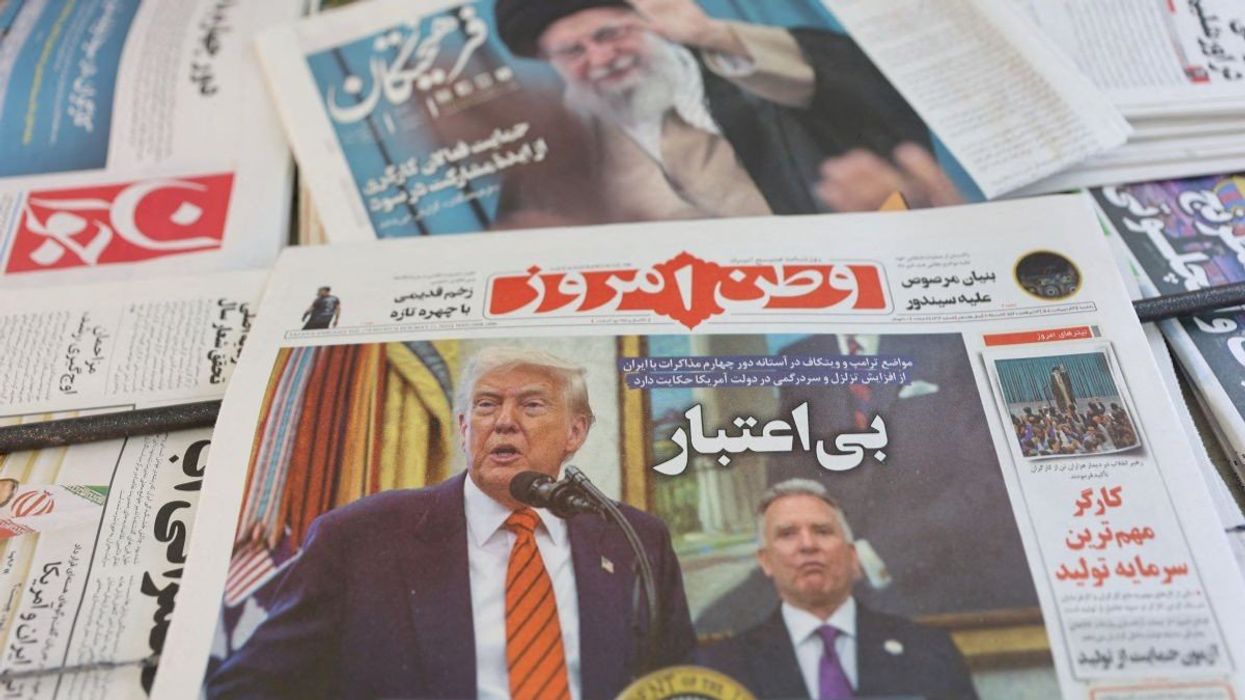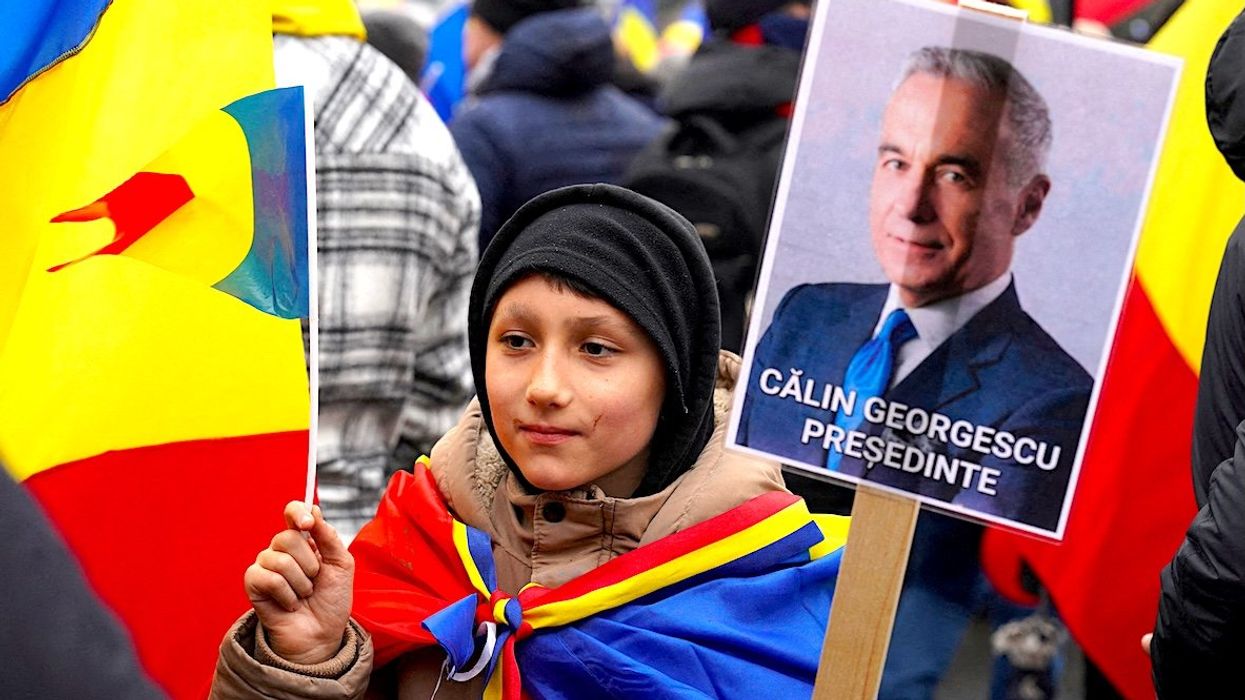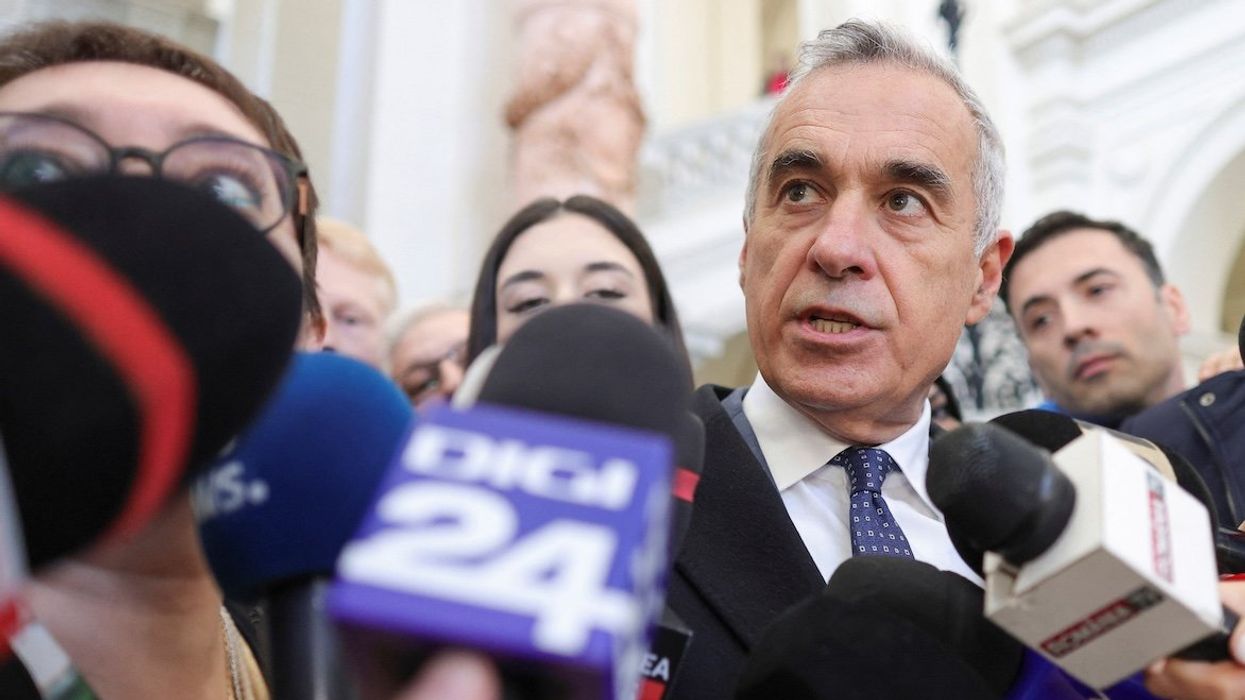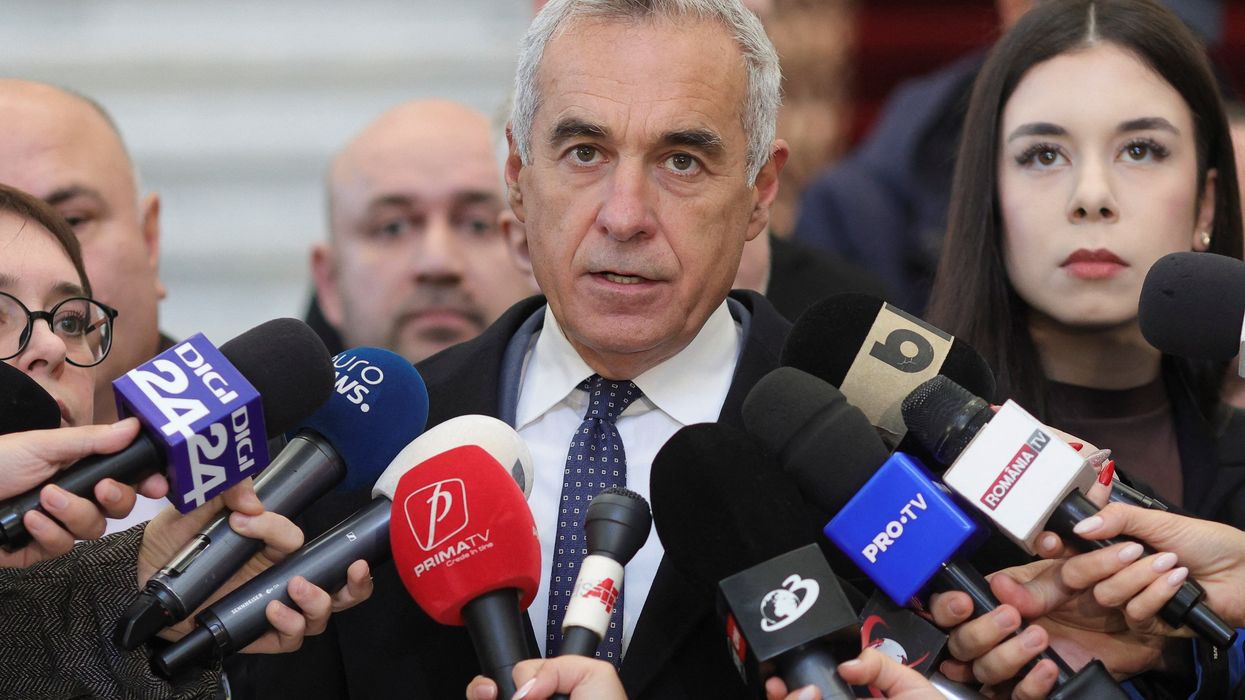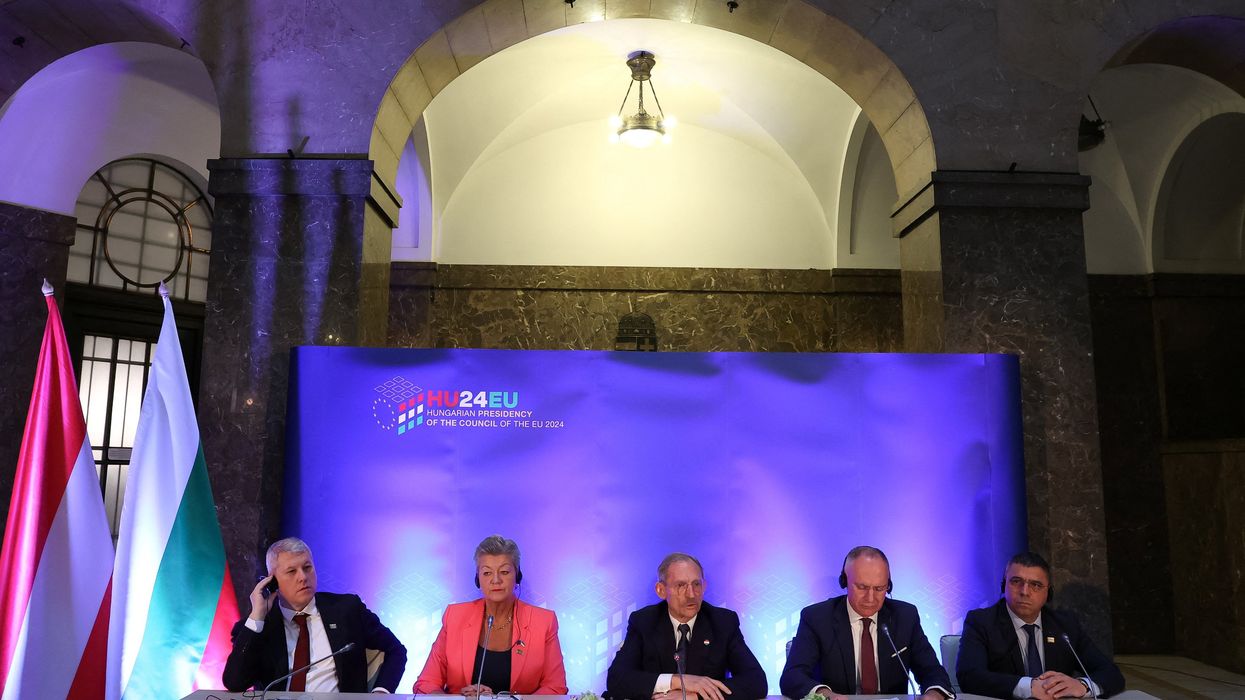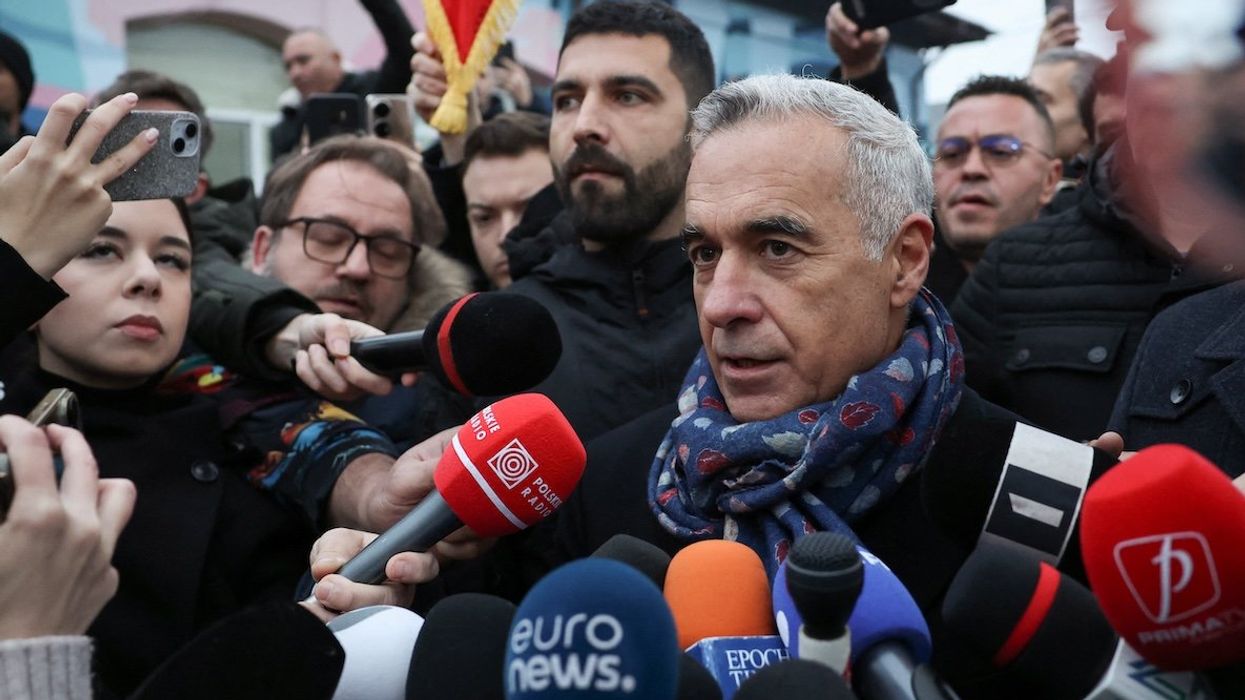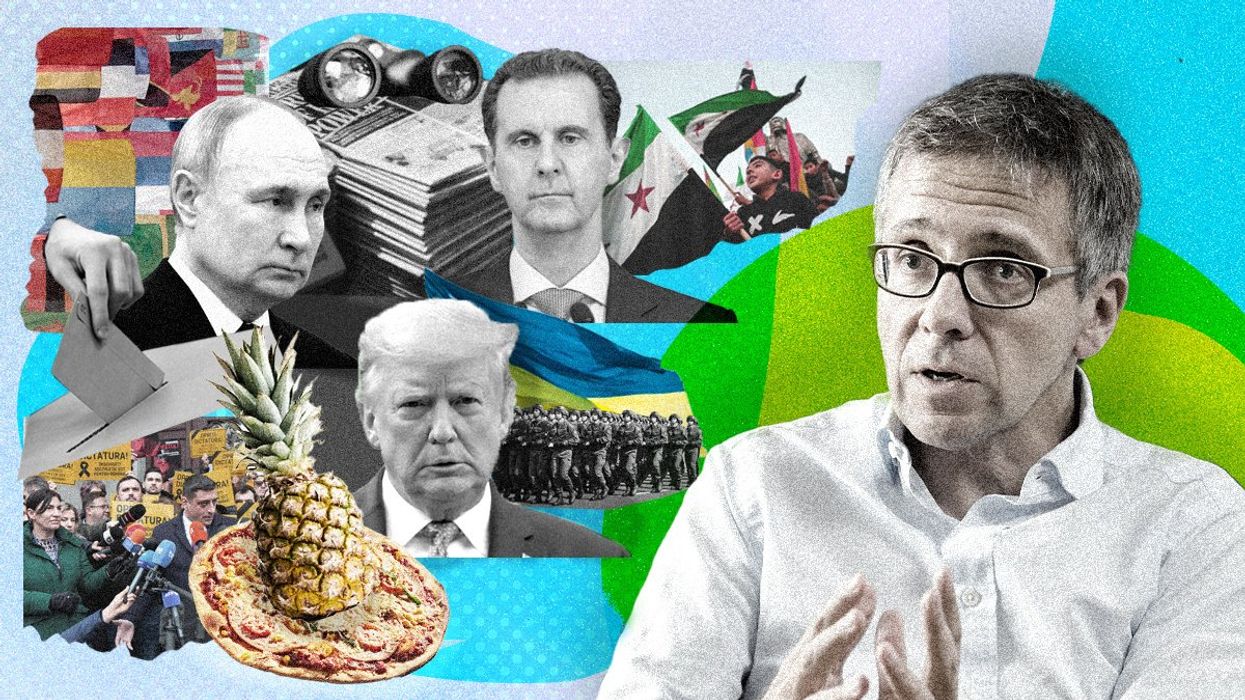GZERO Europe
EU pressures Israel over Gaza, Romania surprises, Poland vote ahead
In this episode of Europe In 60 Seconds, former prime minister of Sweden Carl Bildt discusses the EU’s decision to review its association agreement with Israel amid mounting criticism of Israeli actions in Gaza and the West Bank.
May 23, 2025

